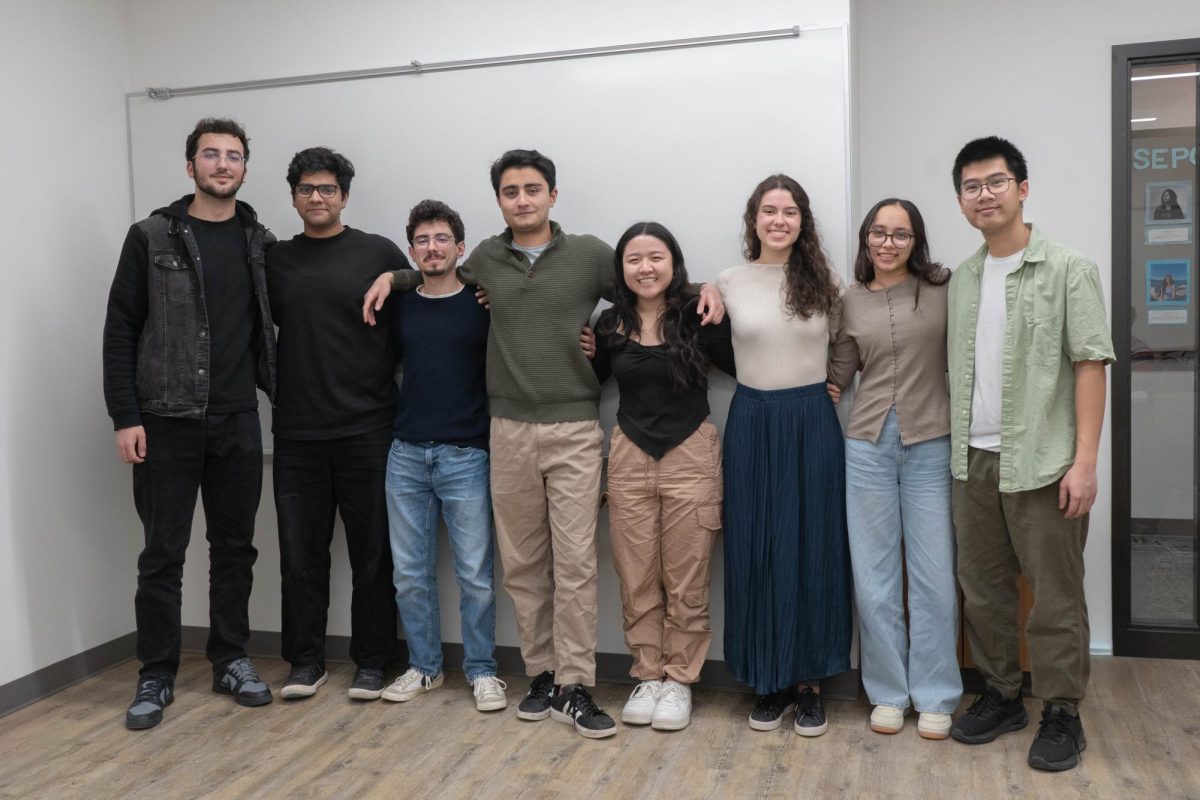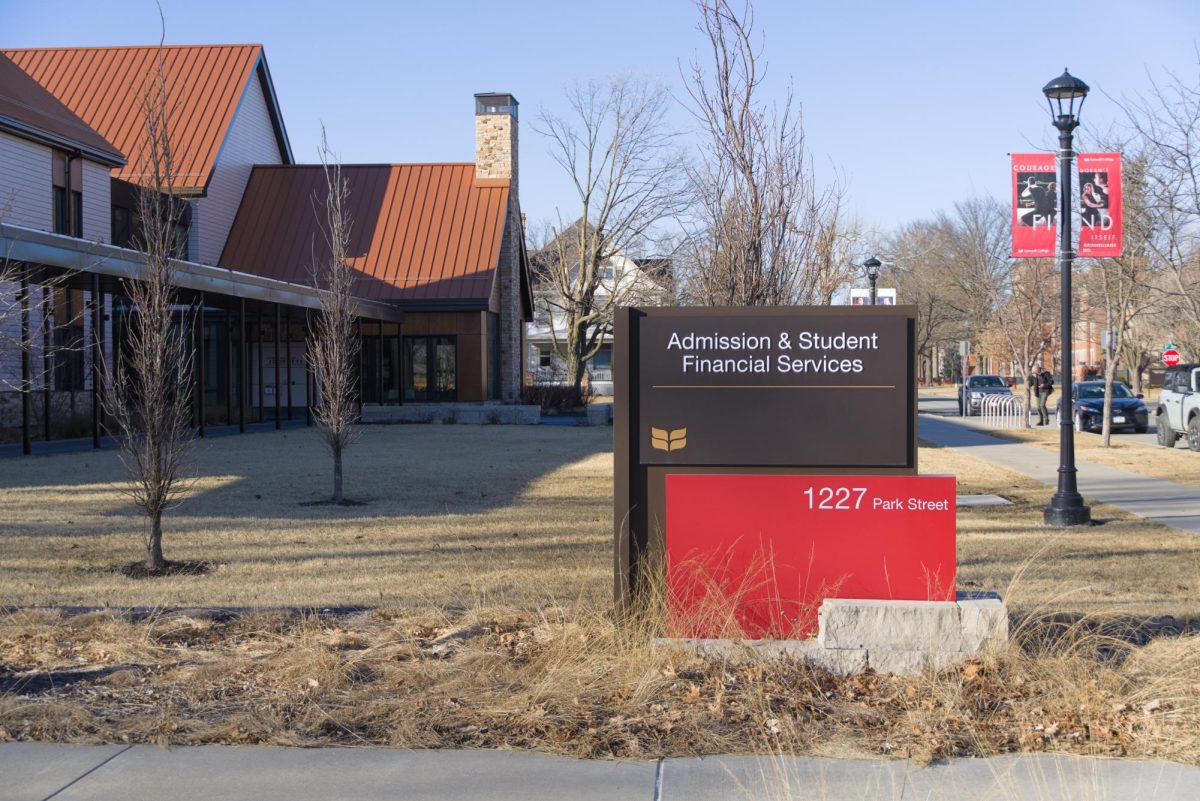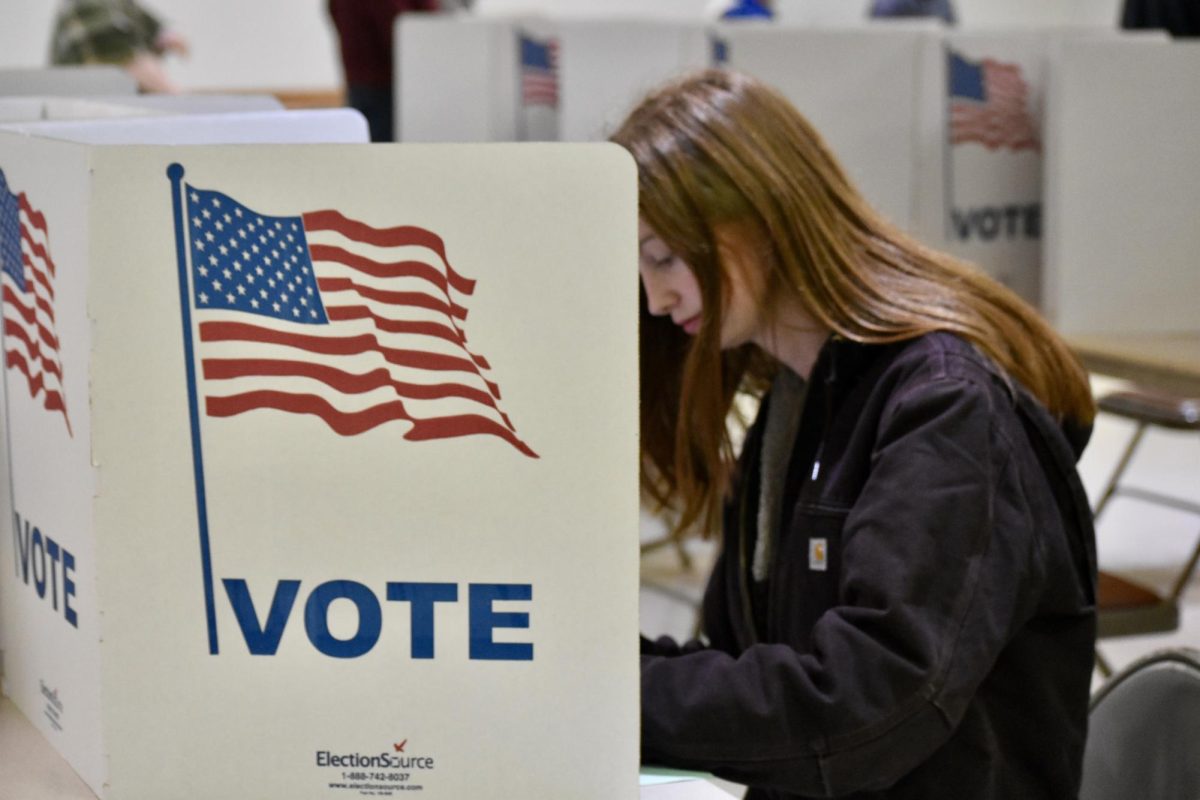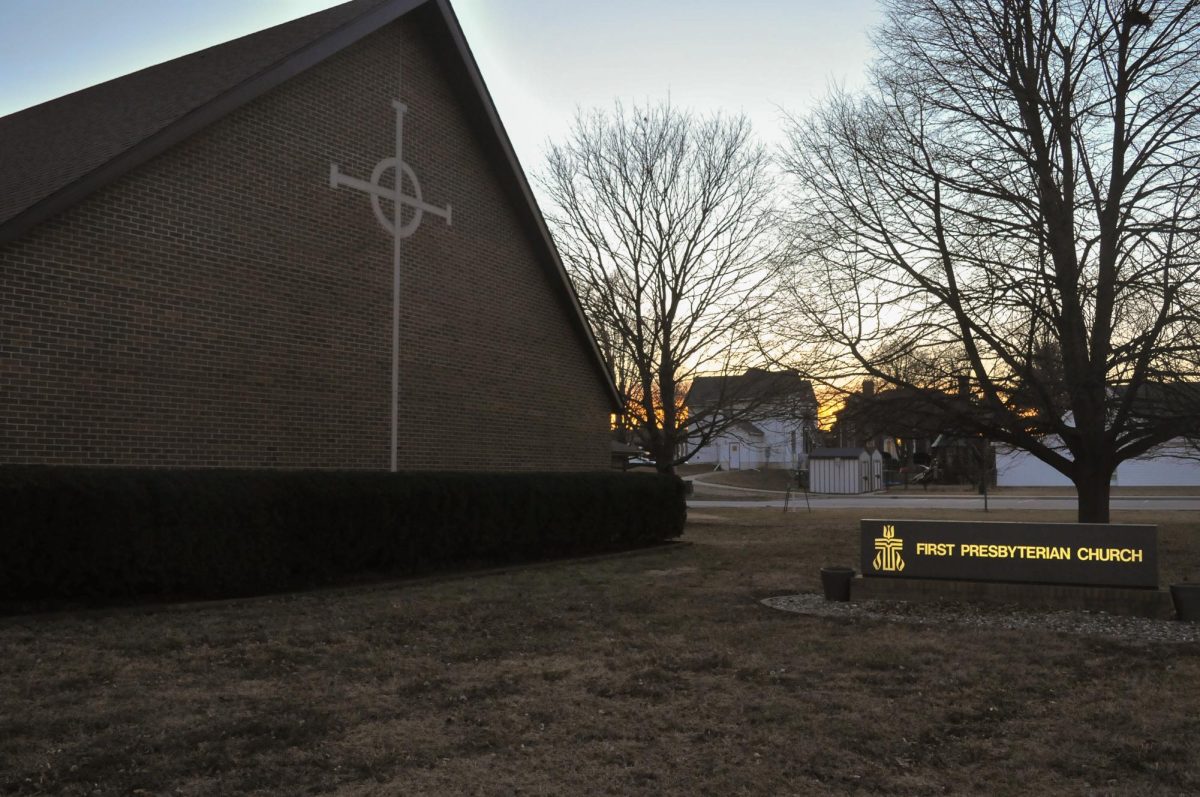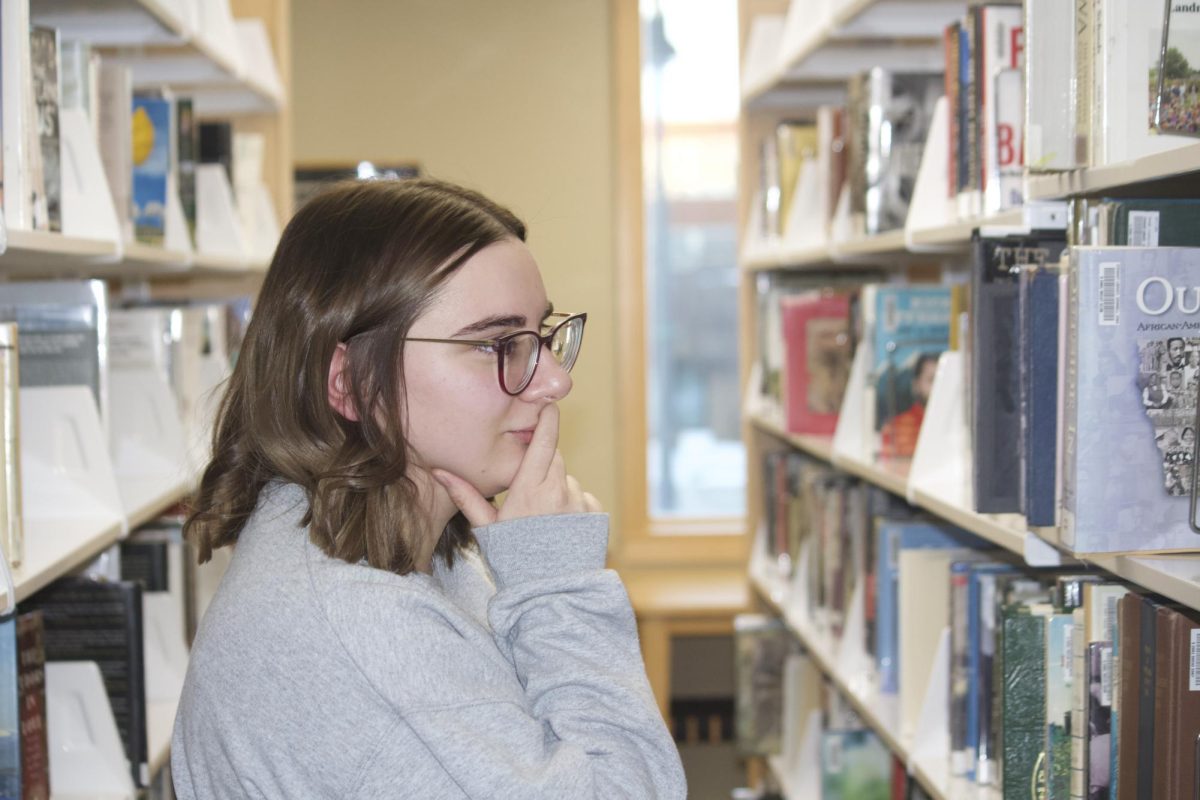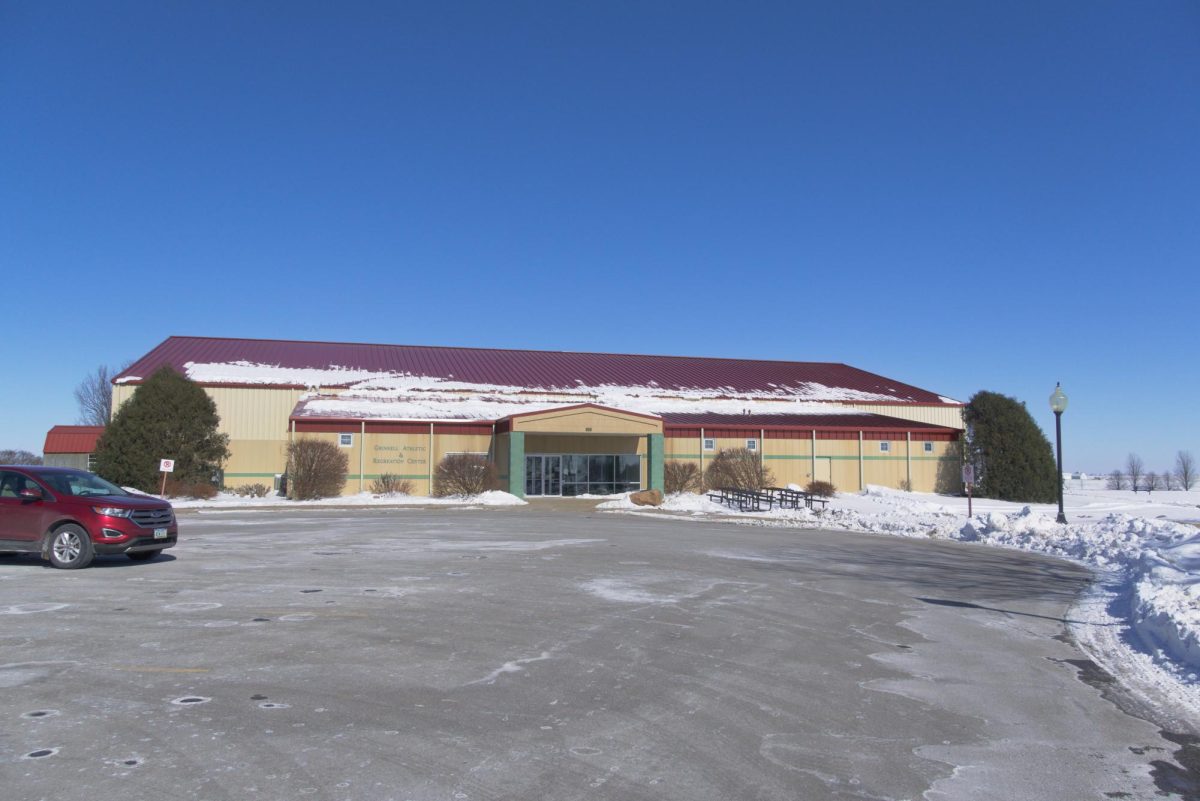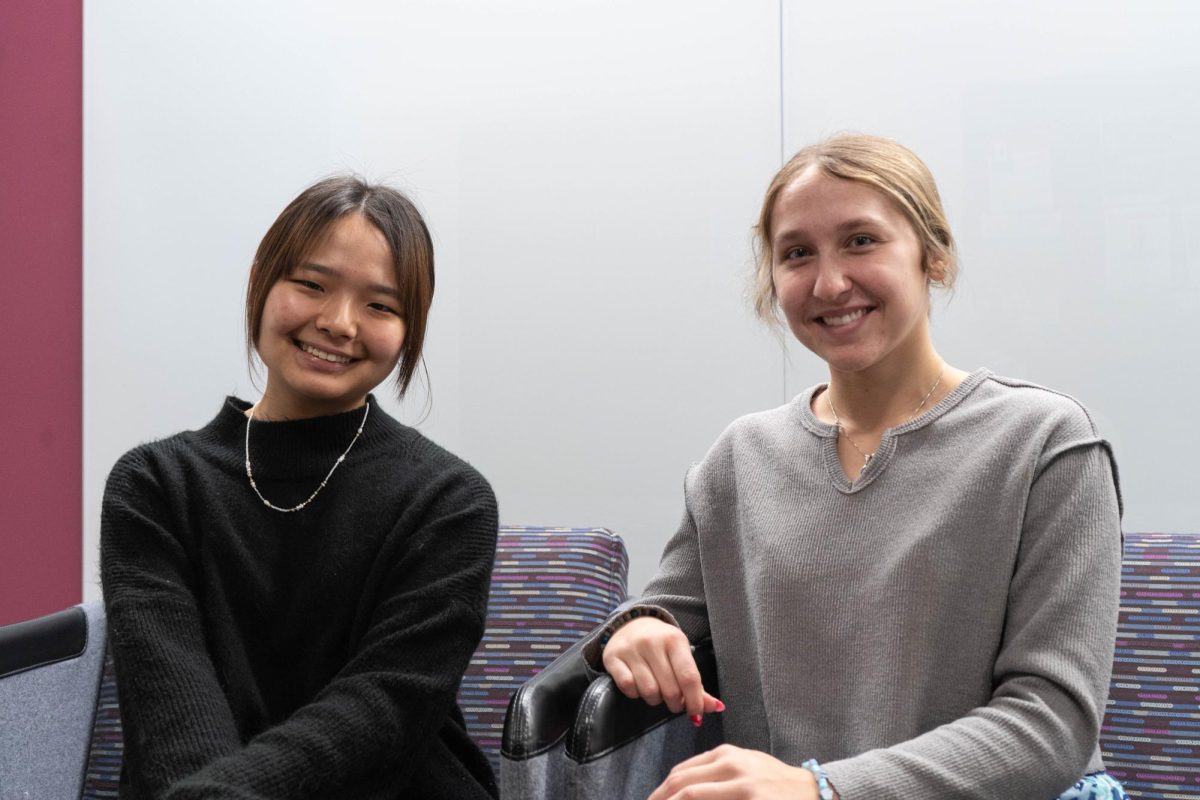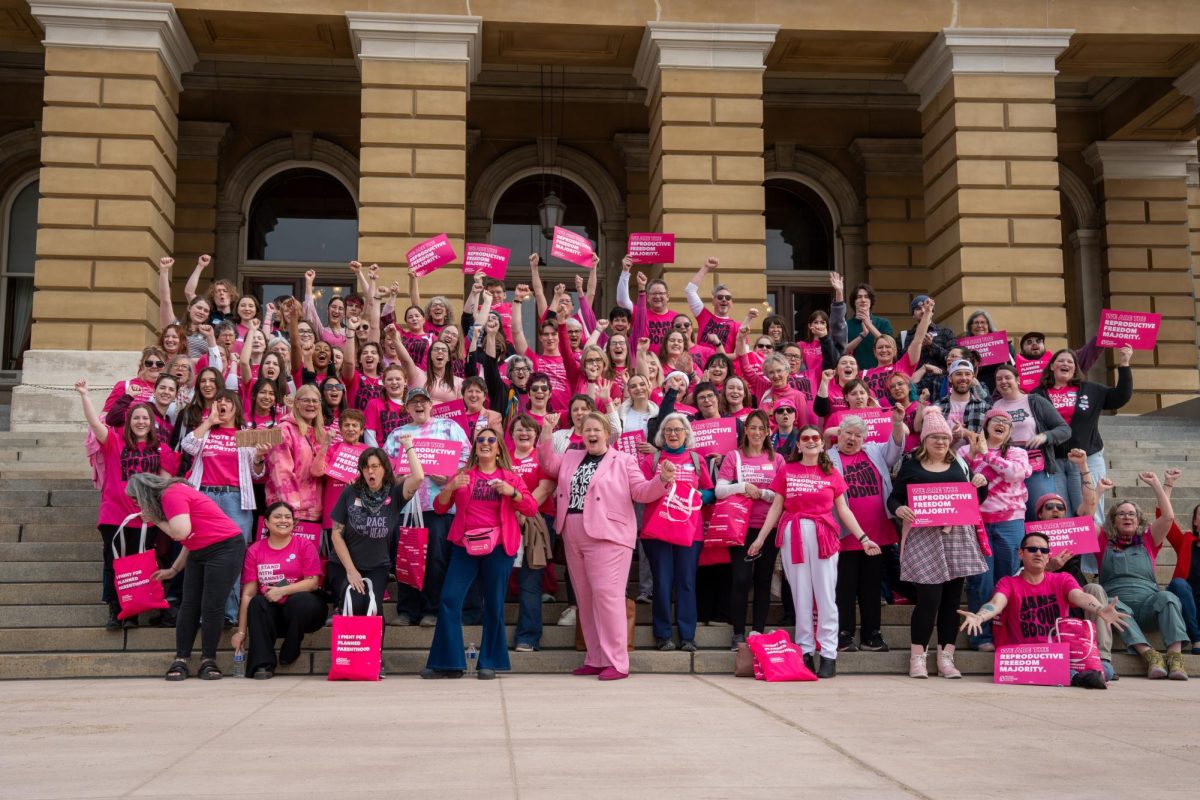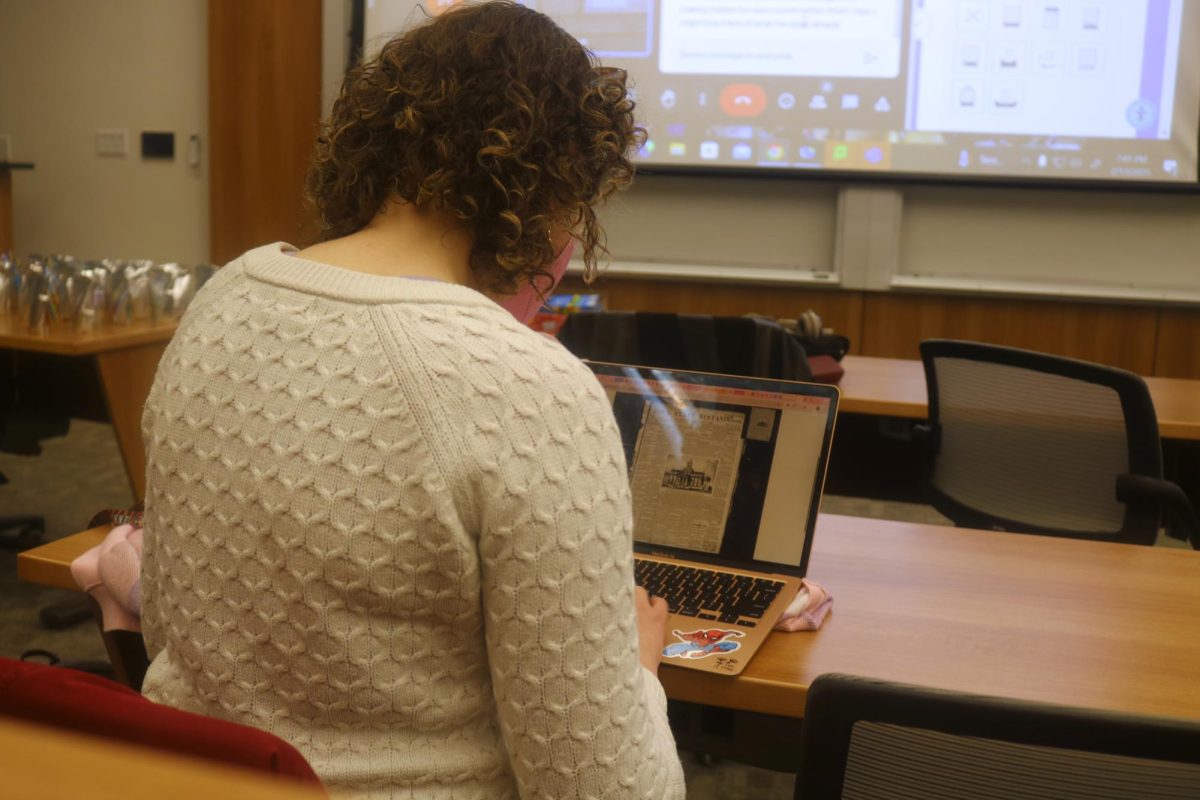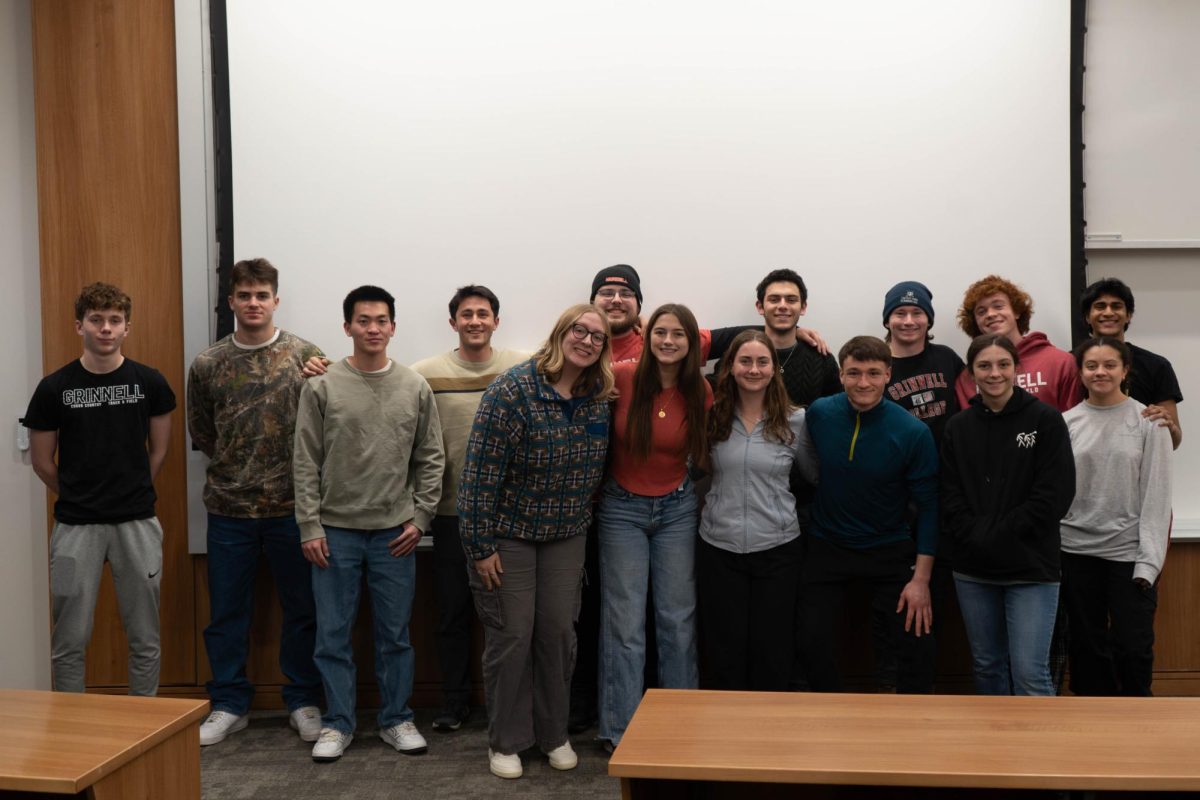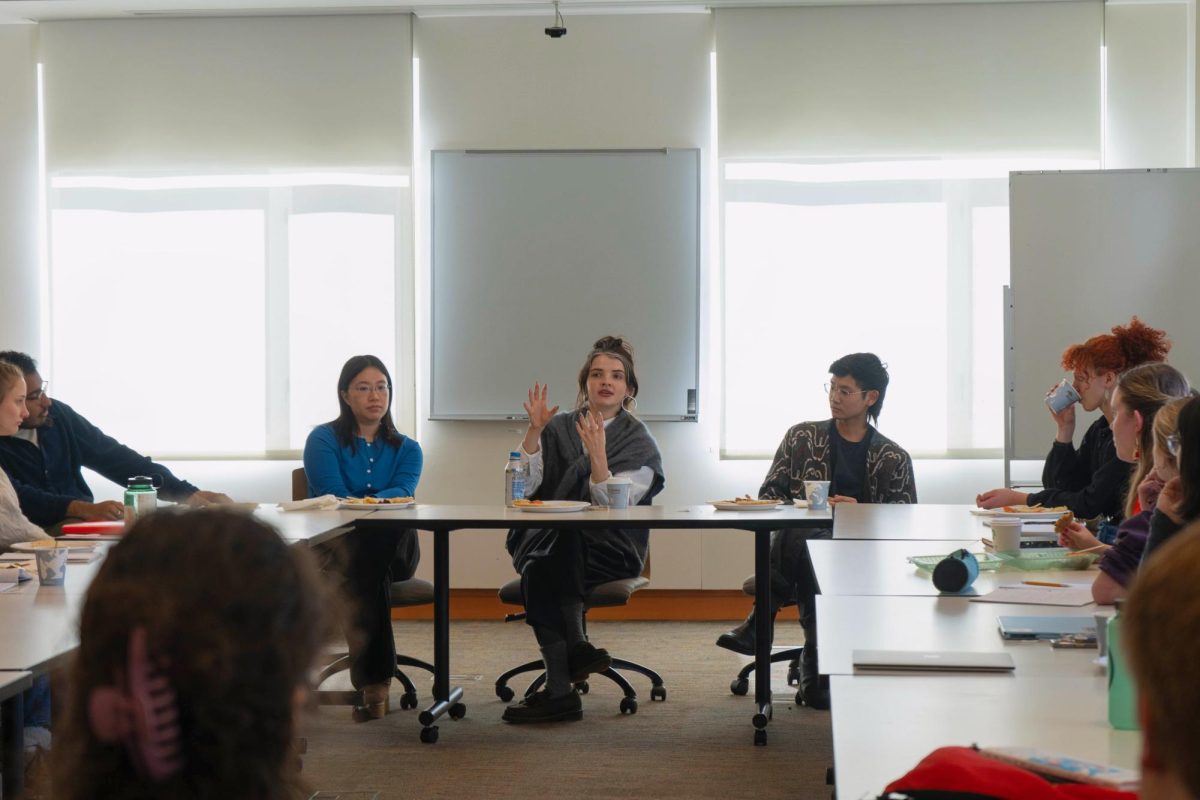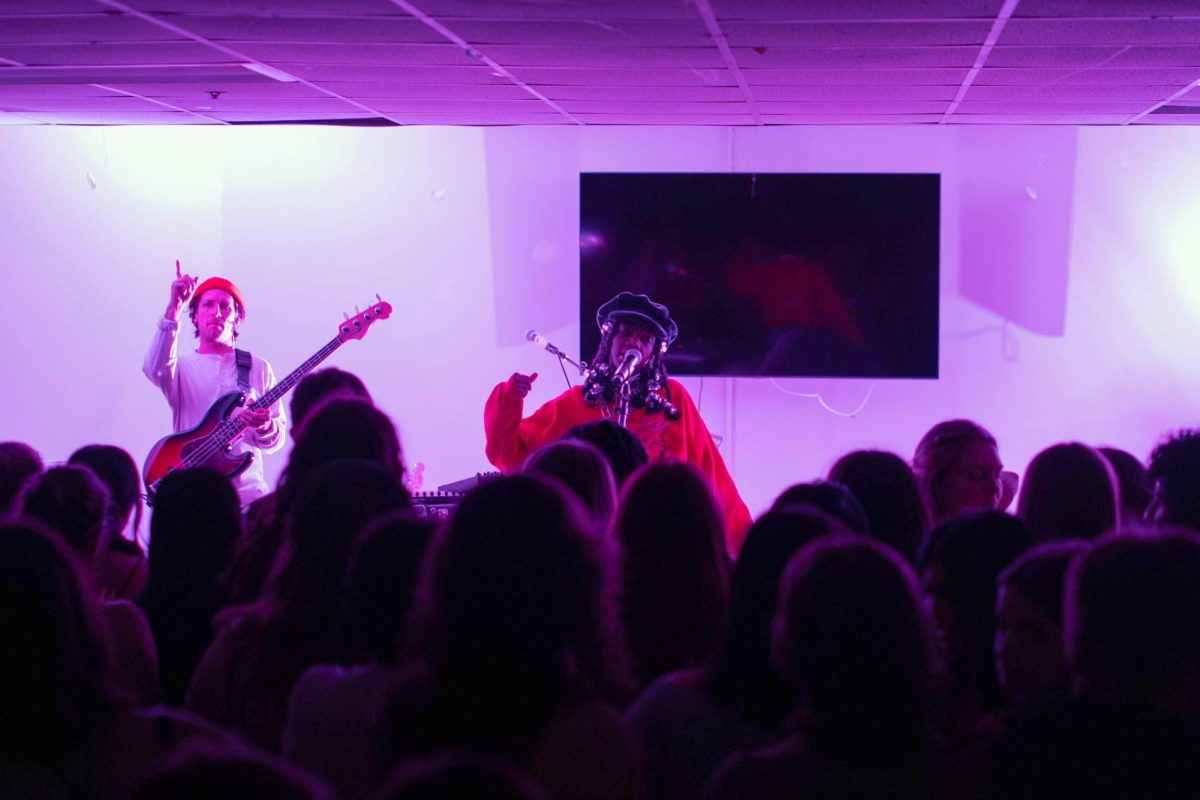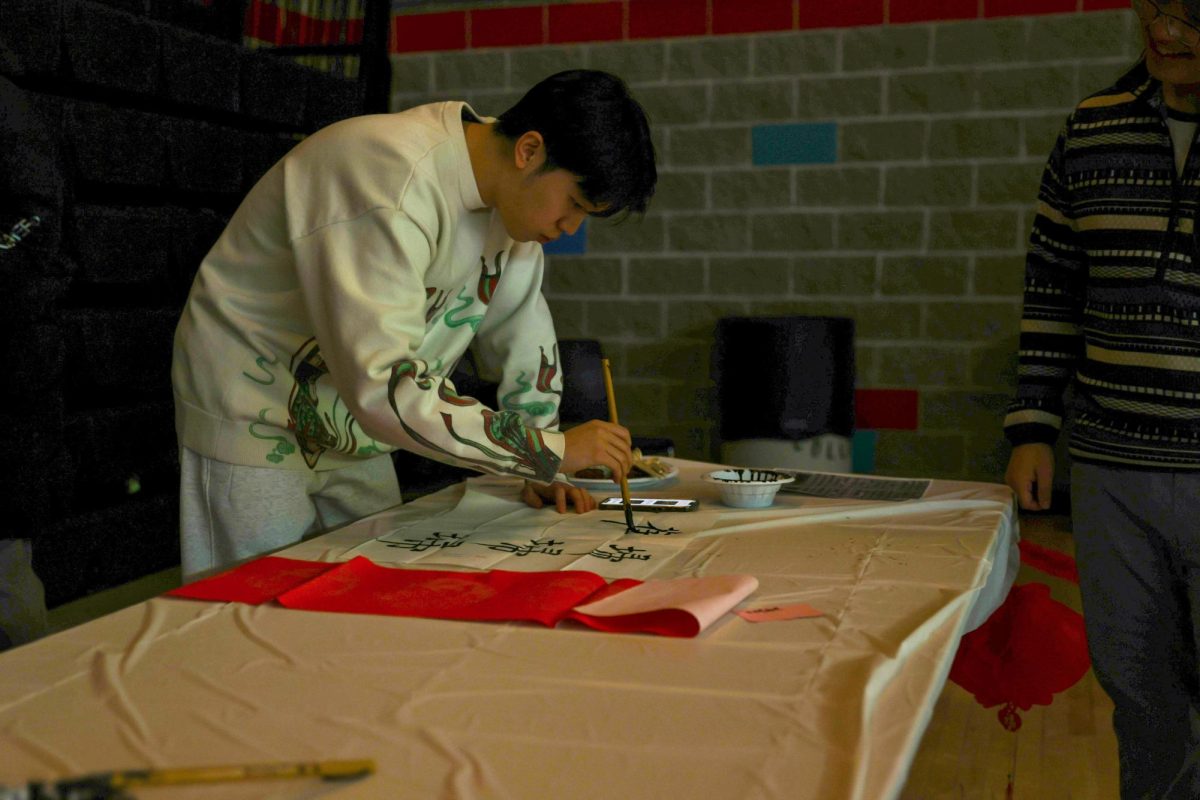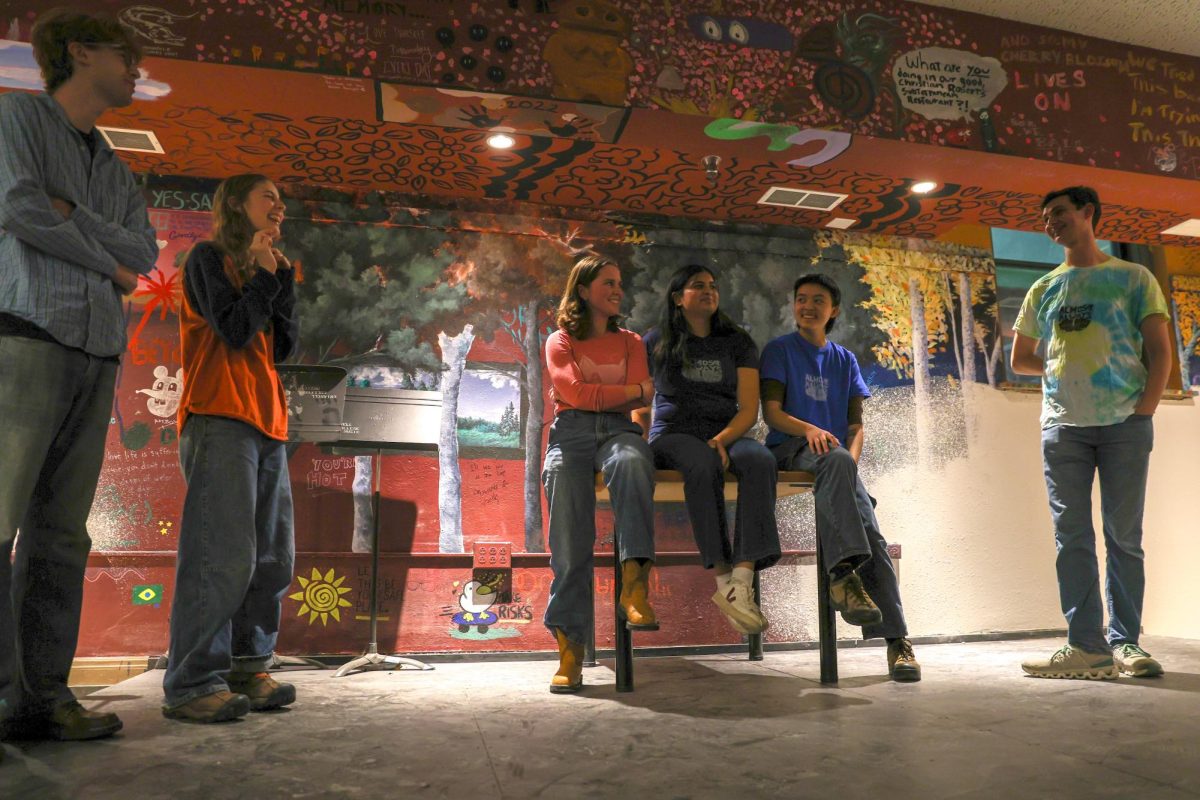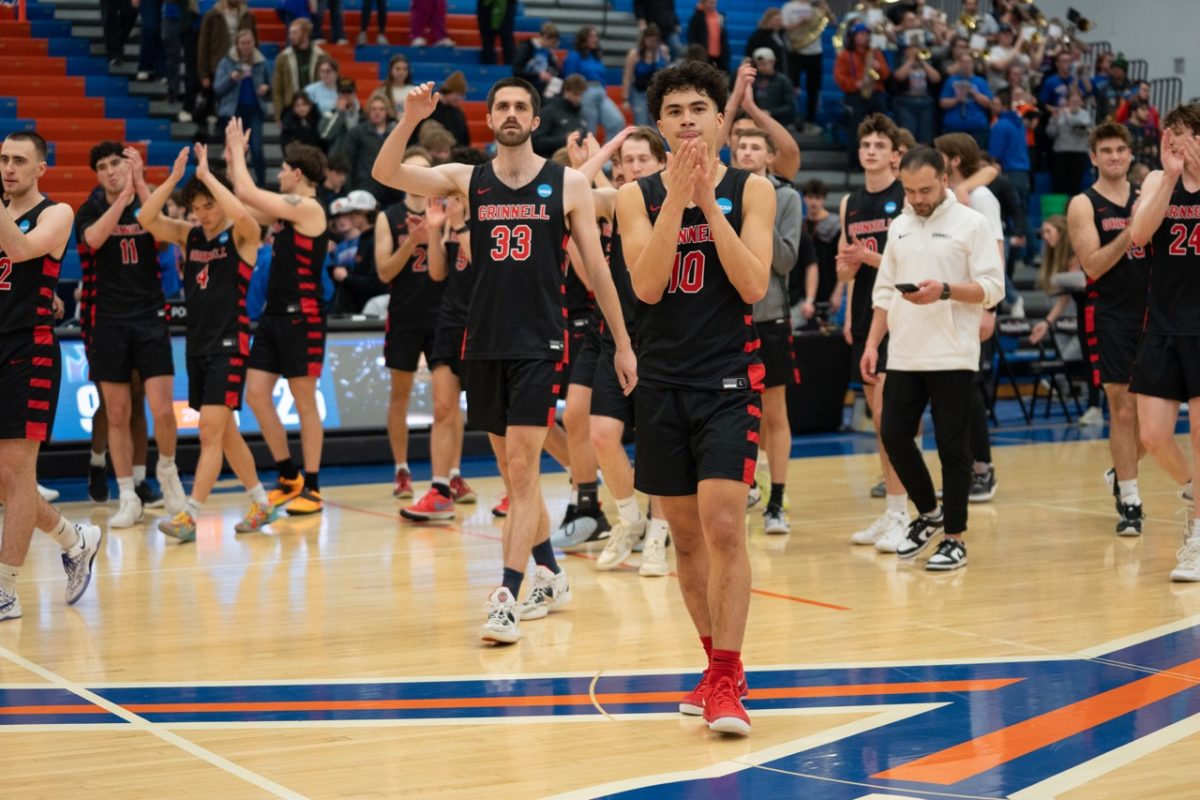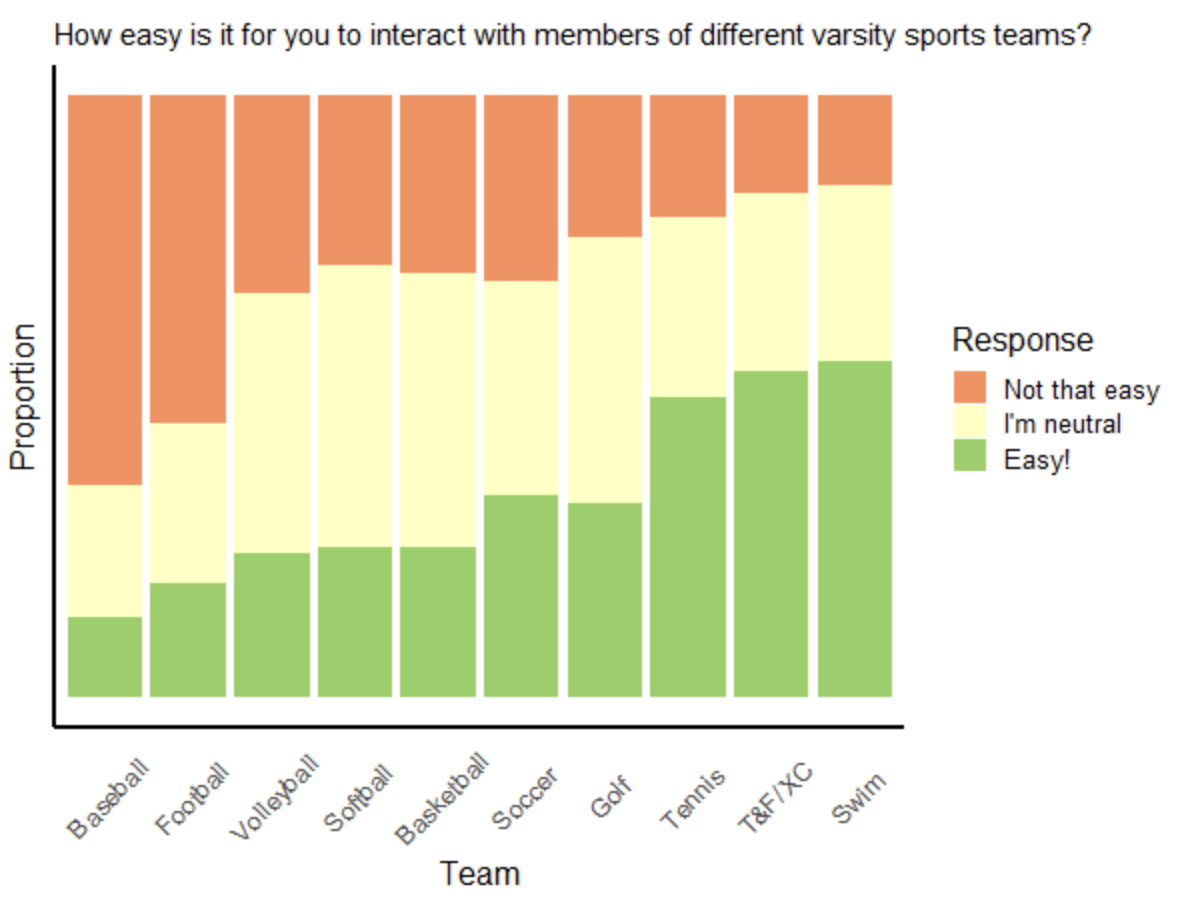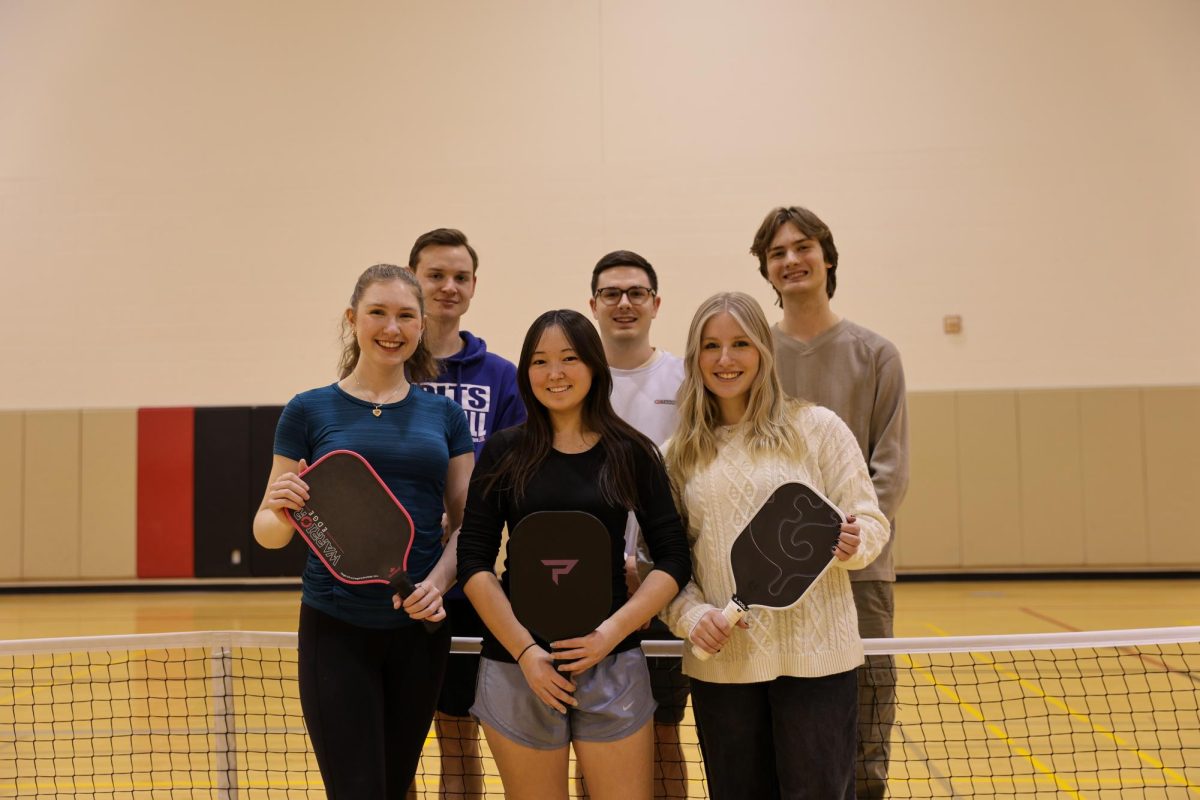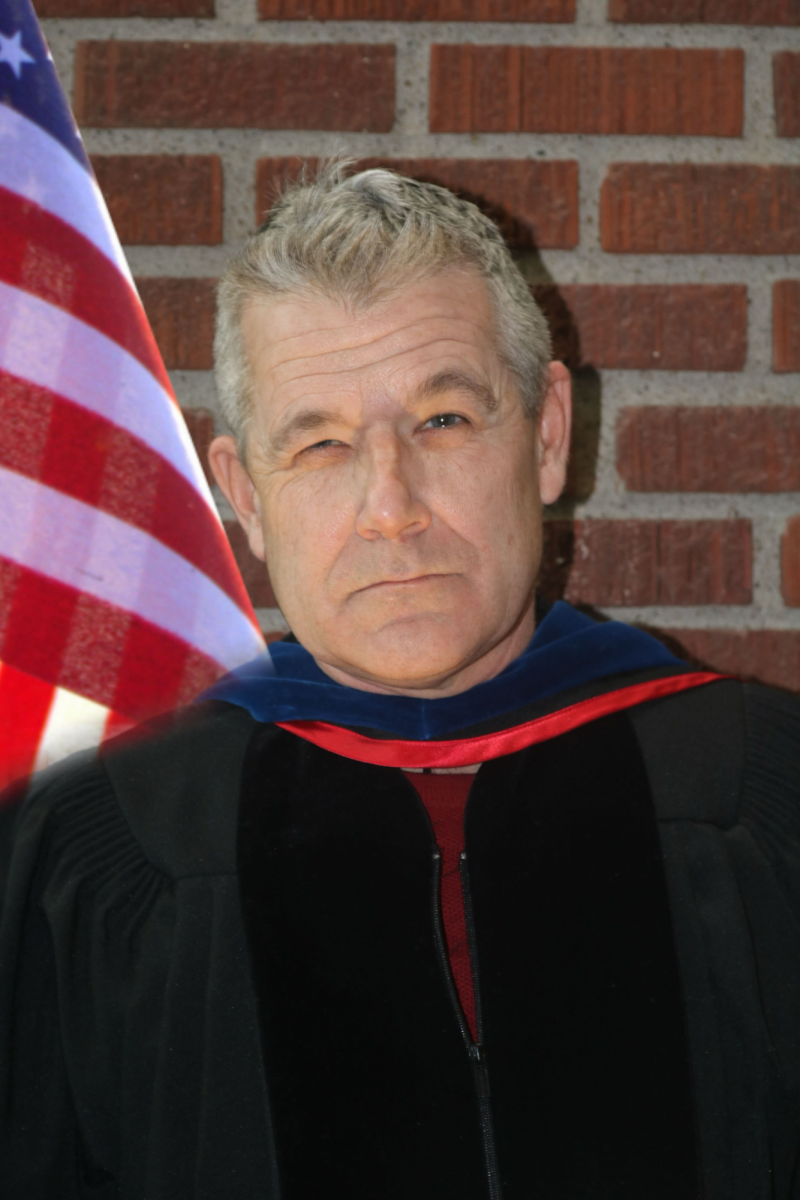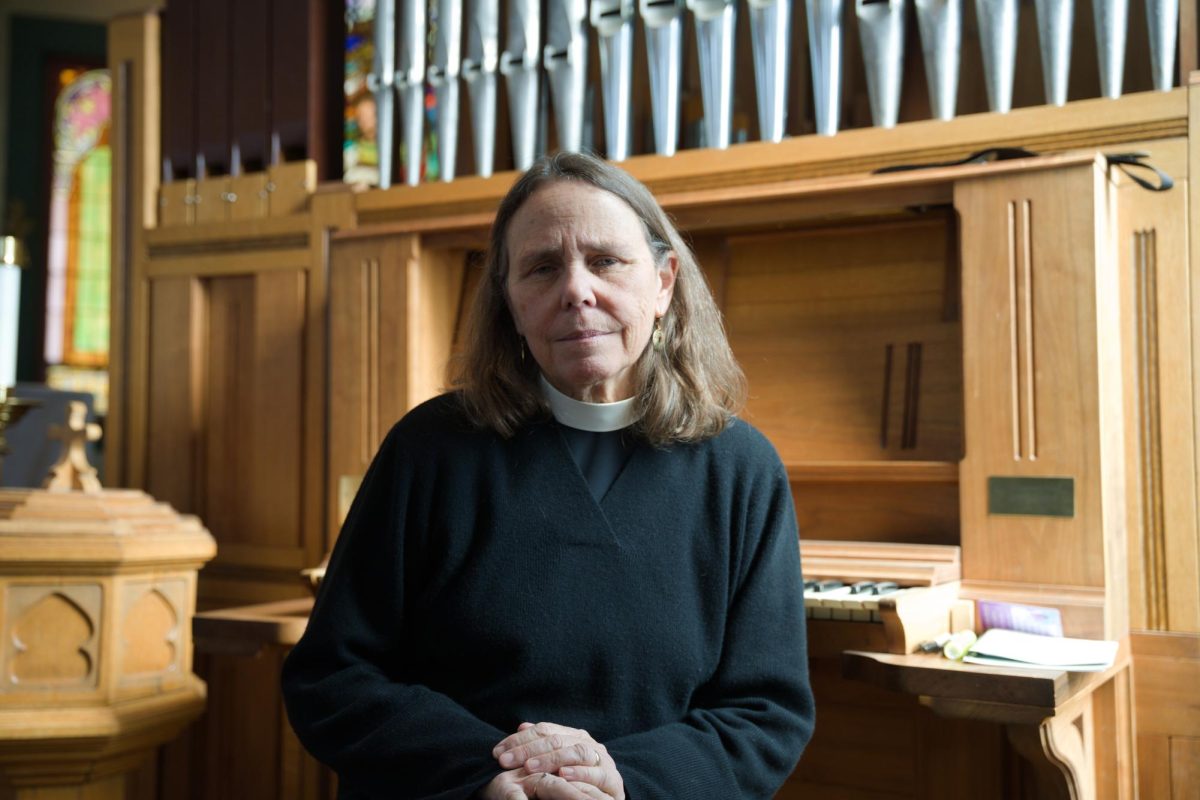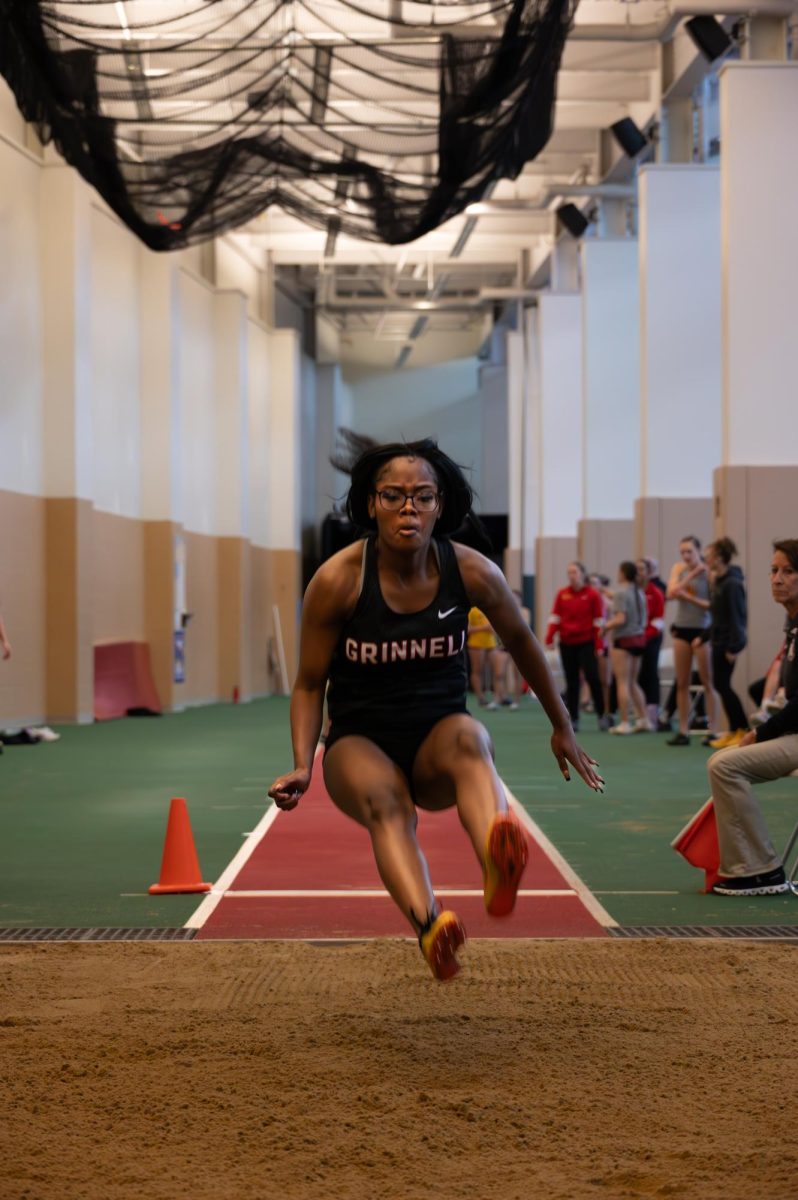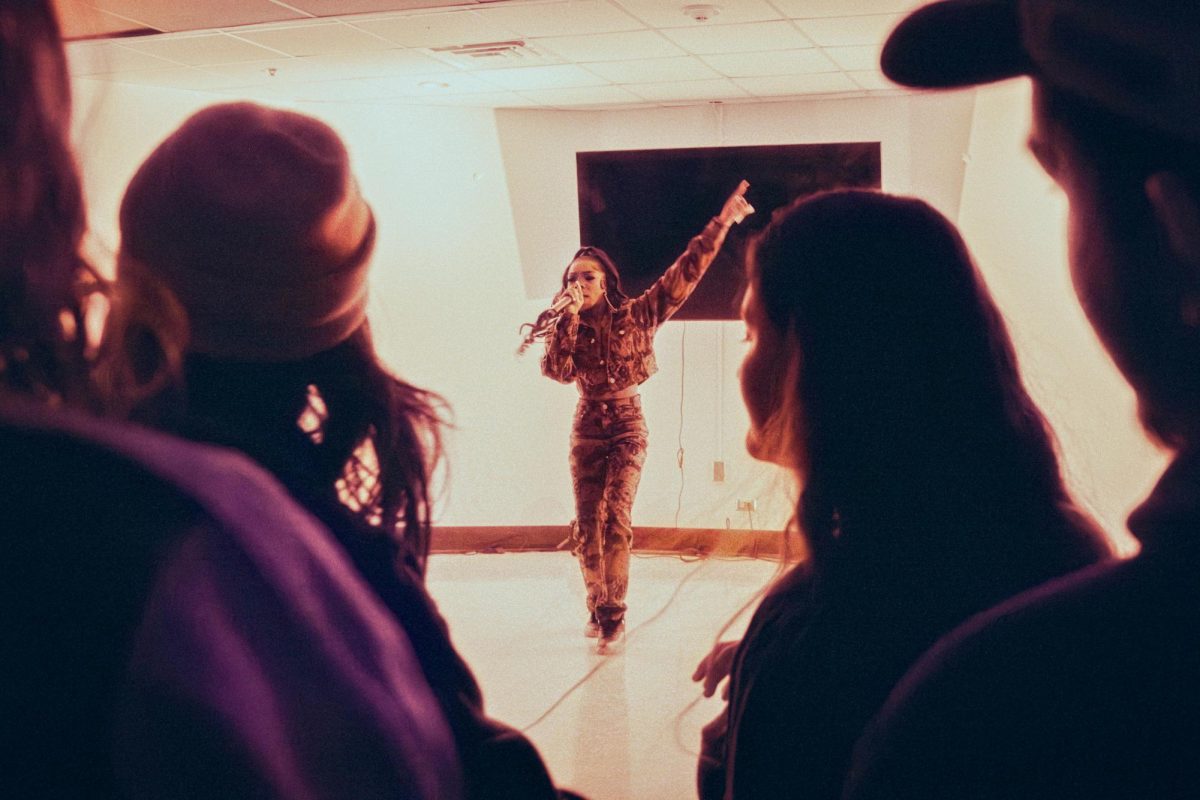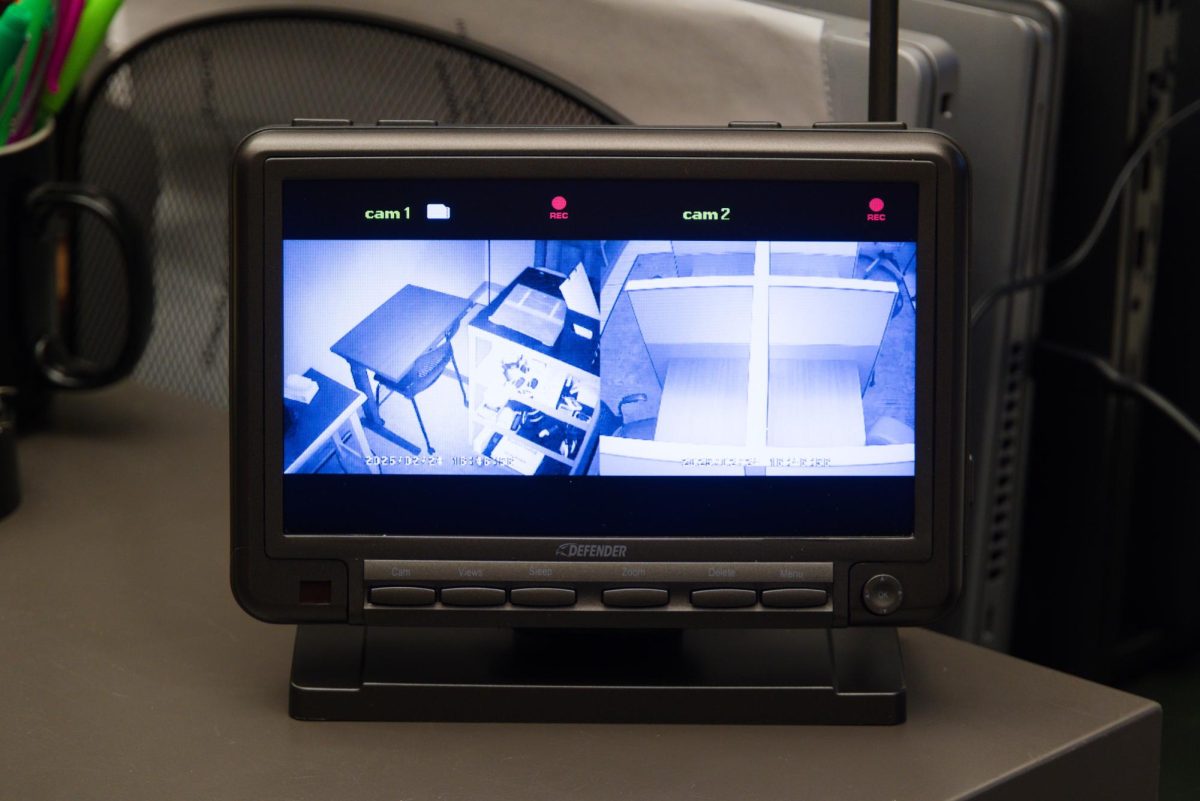On Friday, Nov. 2, the Student Government Association (SGA) opened student initiatives for voting. Student initiatives provide students the opportunity to propose and vote upon suggestions meant to improve the College.
This year’s batch introduced a new format for voting and touched upon several issues at the forefront of students’ minds.
Student initiatives can result in physical changes such as the swingset outside of the Joe Rosenfield Center (JRC), as well as ideological changes, such as improving sustainability on campus. Sometimes initiatives serve more as opinion polls to determine the student body’s stance on certain ideas rather than intending to enact tangible or permanent change.
“It’s a democratic way to gauge how students of Grinnell feel about things,” said Joseph Robertson ’19, student initiative coordinator.
The student who proposed the initiative historically had the responsibility to implement the initiative once it passes. However, the Student Initiative Committee, part of the Student Government Association (SGA), now exists to help students carry out initiatives. The committee will also take over initiatives should the student decide they cannot lead it.
“It is our job to facilitate the implementation in whatever way we can, whether it’s contacting FM, Residence Life Coordinators, things like that,” Robertson said.
In the past, students were required to obtain 100 signatures from other students for the initiative to appear on the ballot. This semester, the SGA chose to eliminate that requirement so that students could easily submit initiatives.
“Making the application process such that they don’t need to follow through on fixing it and that they don’t need signatures to get it on there was the goal to drive that accessibility,” said Myles Becker ’19, SGA president.
Due to these changes, students submitted around 50 initiatives, which was far more than usual. Though this was a positive change, SGA is already looking to add more improvements to the format even next semester. Because of the number of initiatives, the ballot took longer to complete than in the past, which could potentially deter students from completing it. Another future change might be differentiating more clearly between action and opinion questions.
“This semester was a big step away from what has happened previously but seeing those fifty things make the ballot had me really excited about the accessibility of the process. We want to refine it moving forward, but we’re excited to fine-tune it in a way that makes it as accessible and as efficacious as possible,” Becker said.
